In a very different setting, Season 2 of Mike White’s “The White Lotus,” Fahy plays Daphne, a character on a luxury Sicilian vacation with her husband, Cameron (Theo James), and another couple: Ethan (Will Sharpe) and Harper (Aubrey Plaza). As the tension among the four escalates, it’s both sexual and violent — and oddsmakers were entirely wrong about the identity of the dead body in the season-premiere flashback.
ELIZABETH OLSEN: I’m such a huge fan of “White Lotus.” Did you guys have all of the episodes before you started?
MEGHANN FAHY: Yeah, after I got cast, they sent all seven scripts in one go.
OLSEN: Did you have a rehearsal process? Because you kept the secret, or the illusion, between you and your husband. When we learn of the unspoken rules in your relationship, there’s no hint of it when we first meet you guys. I was curious if that was clear from the script.
FAHY: We had a conversation when we got to Italy, Theo and I and Mike White. The key, I think, to that whole relationship is that the love and affection and joy that you see Cameron and Daphne experiencing is genuine.
OLSEN: It felt that way.
FAHY: Once I knew that that was true, I didn’t have to think about it again.
Greg Swales for Variety
OLSEN: Well, it’s so heartbreaking when you and Aubrey Plaza’s character, Harper, are alone — and it’s so devastating to watch you have that conversation with her. And you being so at peace with it made it even more painful for the audience to watch. But it’s so beautifully played, where you never felt sorry for yourself.
FAHY: I think Daphne genuinely doesn’t see herself as a victim. And those were my two truths: that the love and connection was real and that she genuinely didn’t feel like a victim. It wasn’t just something she was saying performatively. She really felt those things.
OLSEN: That’s what made it really powerful and makes us feel conflicted — all I want to feel as an audience member is conflicted. Because of those two truths, we could feel all the fun feelings on the ride of that show, and around the relationships within the show.
FAHY: Well, Mike White is especially good at presenting a scenario to an audience and then letting them decide how they feel about it. That’s one of the cool functions of the show in general. Honestly, to me, it makes me just think of your character on “Love & Death.” You’re playing this woman who brutally murders a person. But somehow you just bring such an ease and humanity to her. And it’s so complex that on paper you could read about the story and think that this woman is X, Y, Z — it’s black and white. But your performance is so much more nuanced than that.
OLSEN: Thanks. Part of me doesn’t want to ever let characters off the hook, especially if things really happened. But I have to sometimes remember that that’s not up to me. That’s up to the writer and the director and the producers, and I’m just there to serve the story as written. But I don’t like making judgments on my characters — I want to understand them. So how does that end up leading to something that’s so violent? The only thing I could really hold on to is this obsession with presenting an external or an exterior to a community. I mean, weird choices were made in real life, so it was weird to navigate.
Greg Swales for Variety
FAHY: Totally. The first shot is you singing in church. You make judgments based on that initial moment. And then I was really surprised when your character was so forthcoming with her best friends about this affair that she wants to have and then ultimately engages in. And how brazenly she approached Jesse Plemons’ character to ask him if he wanted to do it. That caught me off guard, where I was like, “Oh, this is this, like, churchgoing woman with all these values, who’s also just, like, ‘I want this, and I have really good reasons for it!’”
OLSEN: Yeah, she’s a very modern woman for the time and the place. She knows what she wants. These jobs can be so long. And there’s a moment where you’re so tired, and you’re just like, “How do I just show up to work and not be tired?” Because your character’s not tired — your character has a lot of energy! My character is never tired. That was something that was a saving grace on month four or whatever: “How is this never going to end? How are there three months left?
It’s twofold, right? Because it starts with all this cheer and pep, and then there’s this grizzly murder, and then it’s so many more emotional things that you’re navigating.
OLSEN: How did you find the layers within Daphne that you start to share with the audience? Things like the picture of the child on the phone and her conversation with Ethan at the end.
FAHY: Daphne, in general — she’s very often responding to someone else’s choice. That’s especially true with her husband and her marriage. She shares with Harper because I think she really wants to be friends with her. I don’t think she has a lot of friends, and she actually feels like this woman could be someone that she’s friends with. That’s why, at the end, when Ethan comes to Daphne on the beach and says, “I think something happened with our spouses,” there’s that moment where there’s a lot going on with her face; I think the sadness that you see is actually about Harper. I think she’s disappointed that this woman who she thought was maybe going to be a buddy of hers betrayed her. She’s making a series of very deliberate, specific choices about how she moves in the world. She is also somebody who has a lot of empathy. For me, the Ethan scene was always about empathy.
OLSEN: For him?
FAHY: For how broken he was, and how few tools he had to deal with what he thought happened. And I think she wanted to do something to empower him. And she did. Because she takes him away. The audience doesn’t see what happens. Mike and I didn’t talk about it.
OLSEN: Did you make a decision as to what you thought happened?
FAHY: I ultimately did. But it wasn’t a necessary piece of knowledge for me to have to shoot the scene. I thought about it after.
You went from playing Wanda in “WandaVision” and “Doctor Strange” into Candy. What was that transition like for you?
OLSEN: I think I had the summer off or something before going into Candy. I was really hungry to put that character [Wanda] away, even though they could arguably be compared, because they both do bad things and they’re antiheroes in a way. I don’t make that comparison. But I understand why people want to make the comparisons.
FAHY: People always want to find a throughline. Do you miss doing Wanda?
OLSEN: No, I don’t. I think it’s been almost 10 years of playing her. And I’ve loved it. And I think the reason why I am not calling Kevin Feige every day with ideas is because I’m really proud of what we were able to do. I think “WandaVision” was a really surprising opportunity. If someone were to tell me that I’m fired from Marvel movies, I will feel proud of what we made. And I really am just trying to figure out how to load up other films and characters so it becomes less about the Marvel of it all.
FAHY: That’s such a great answer! It’s so honest.

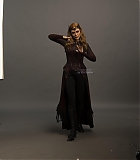
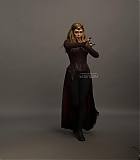




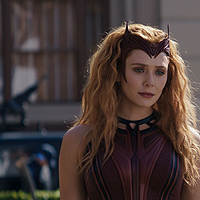
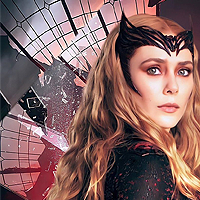
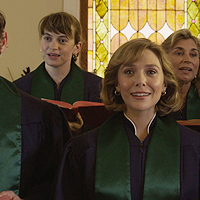

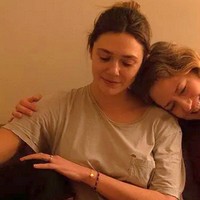
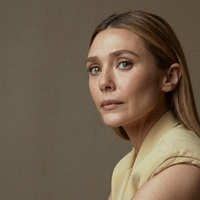
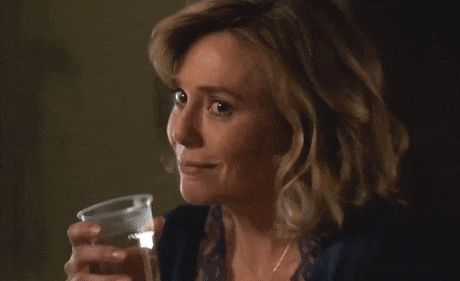
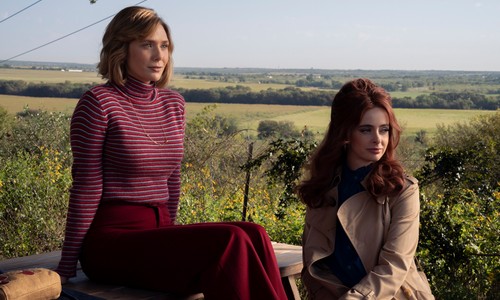
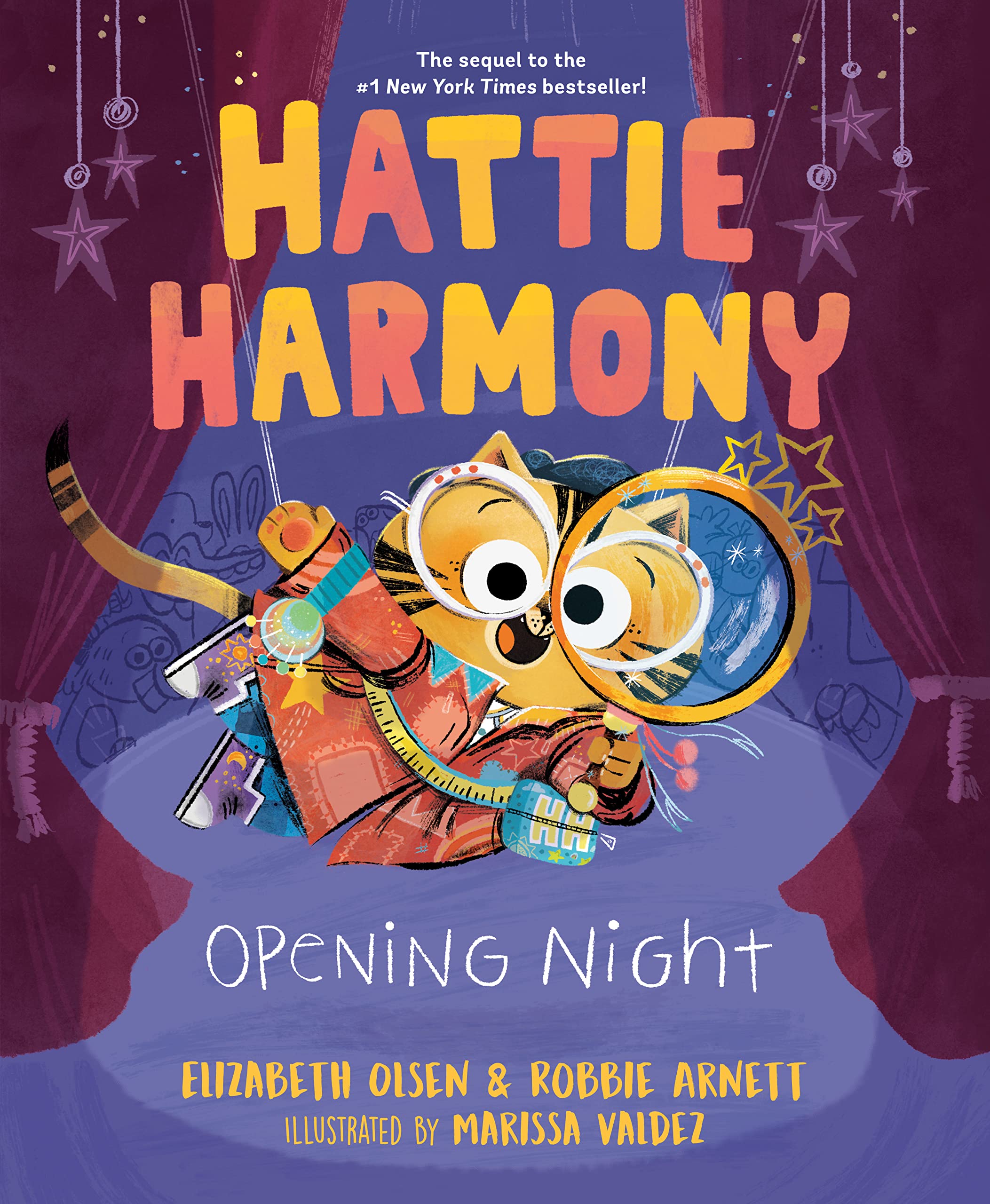
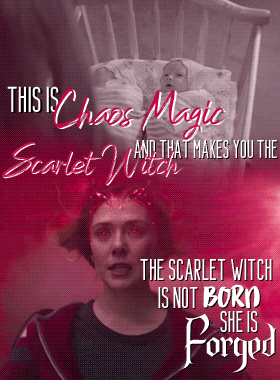








































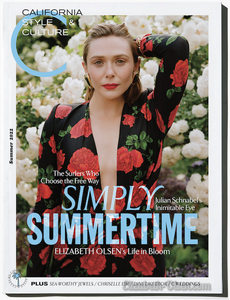



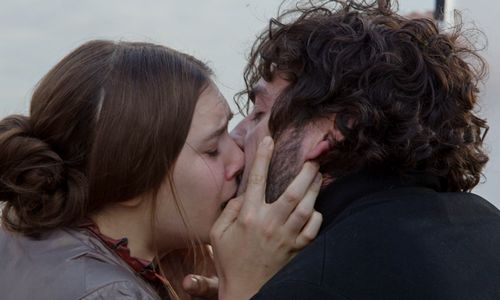
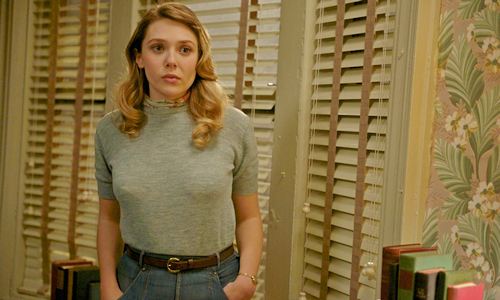

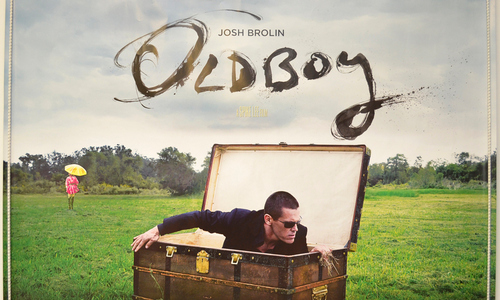

I am a big fan of you